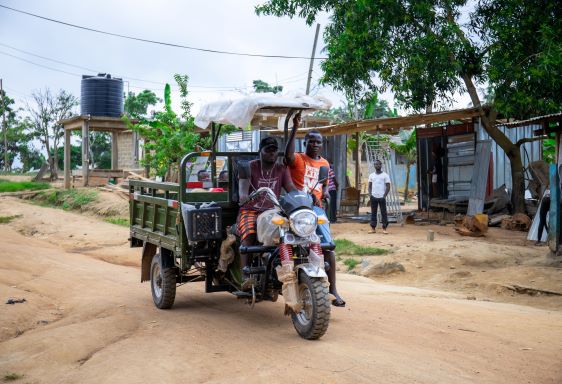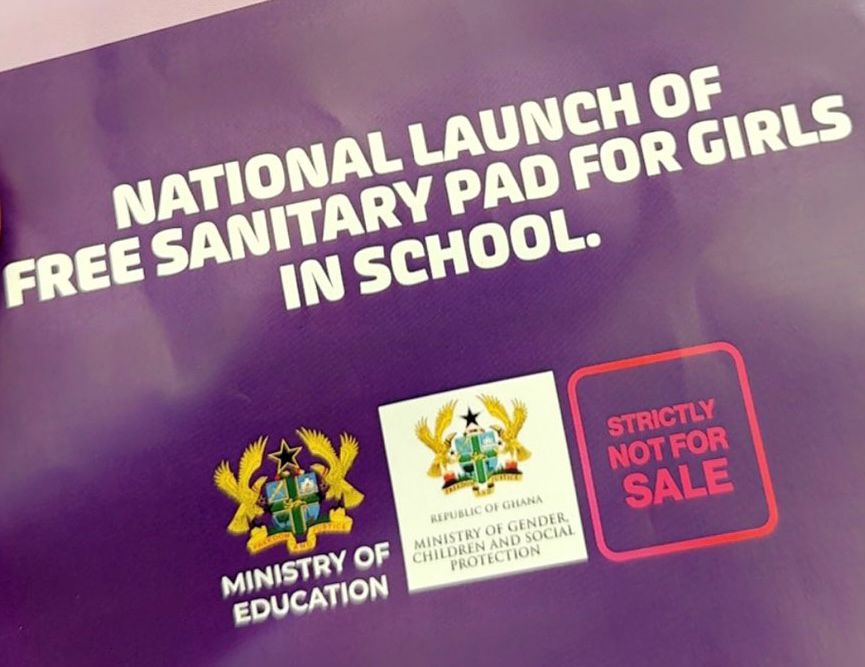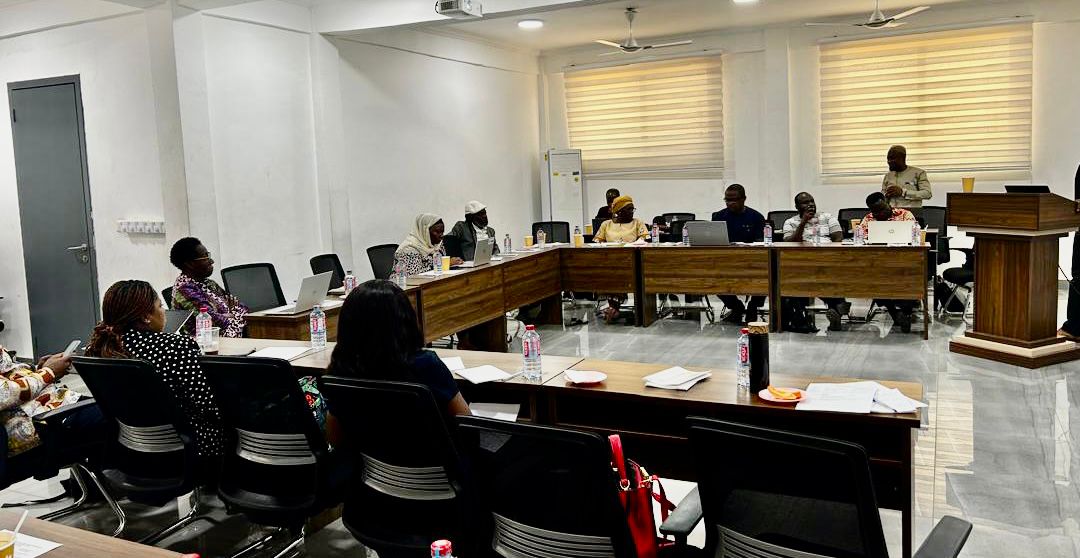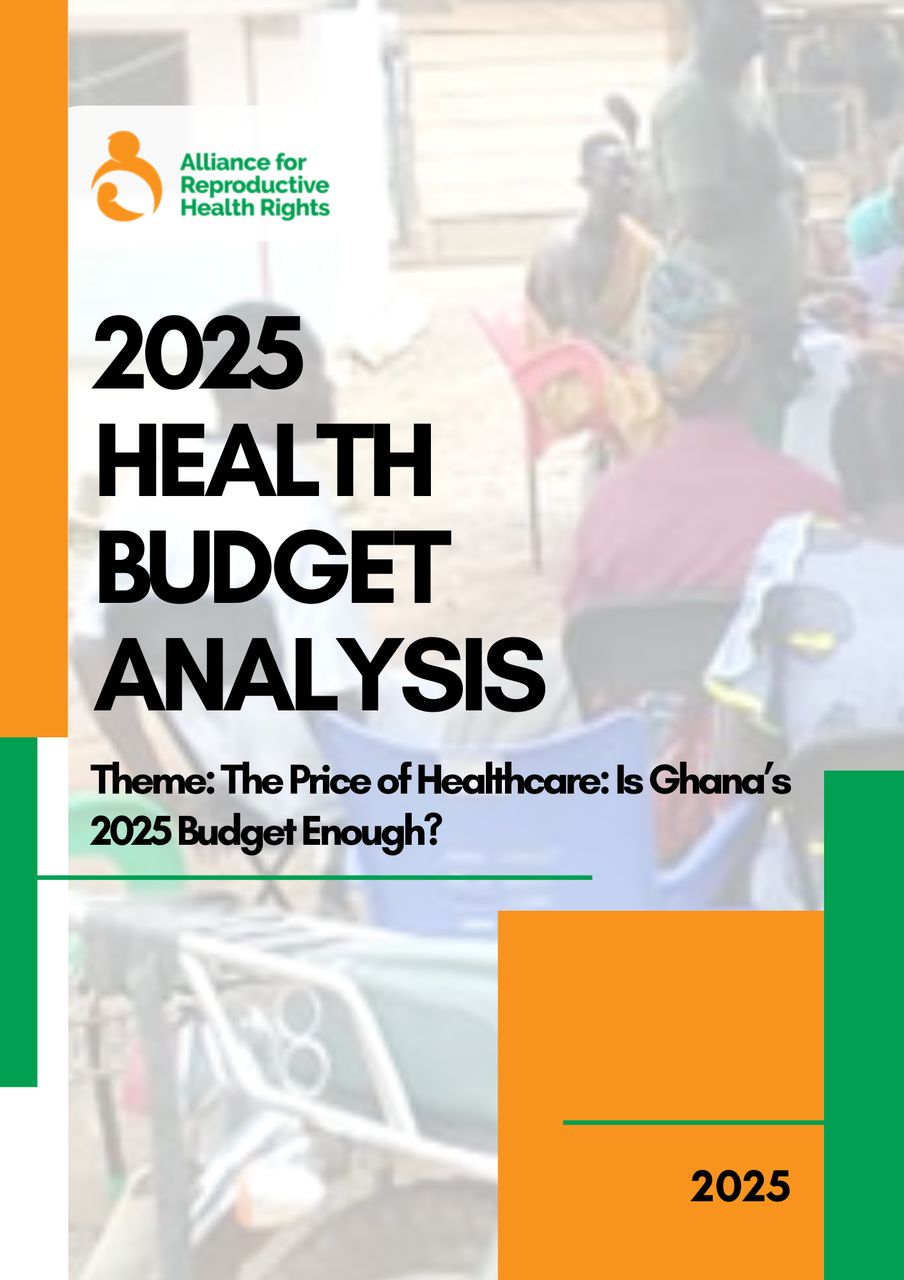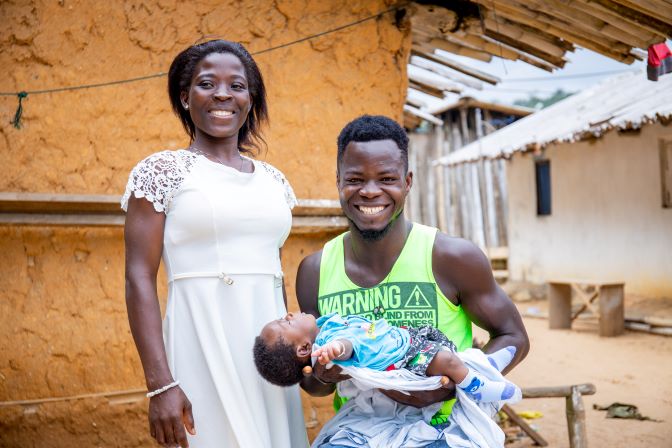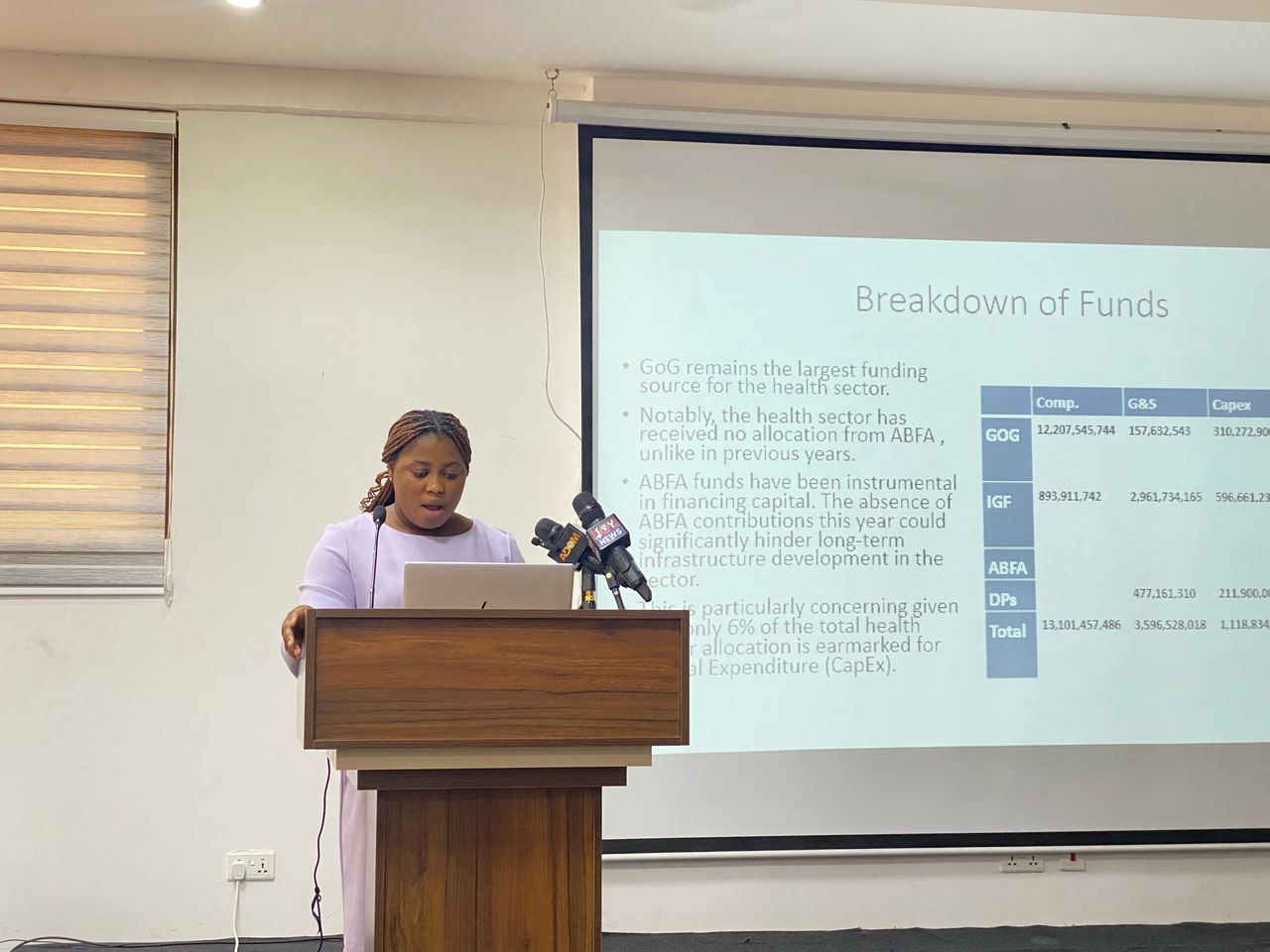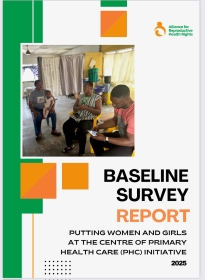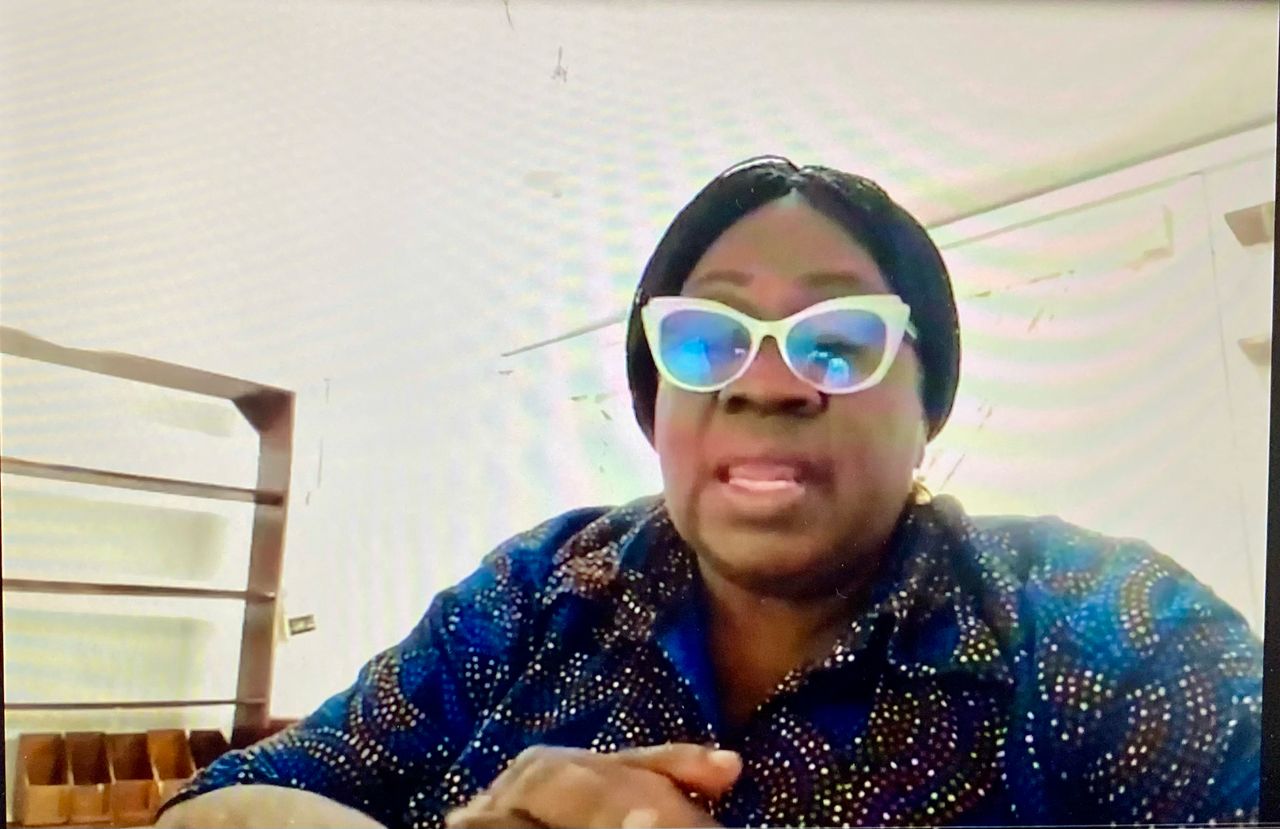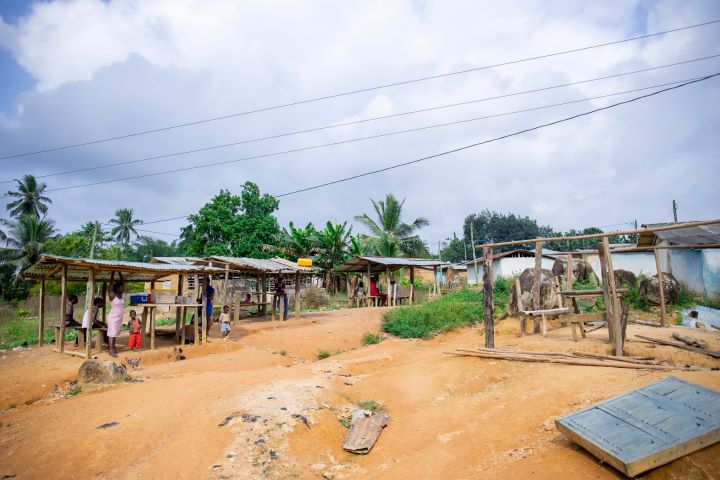Revolutionizing Health and Safety at Work: The Role of AI and Digitalization in Ghana
Globally, the toll of unsafe working conditions remains staggering. According to the ILO, nearly 2.9 million workers die each year from occupational accidents and work-related diseases. An estimated 402 million people suffer non-fatal work-related injuries, contributing to economic losses. These figures underscore the urgent need for robust occupational safety systems. Every year on April 28, […]

